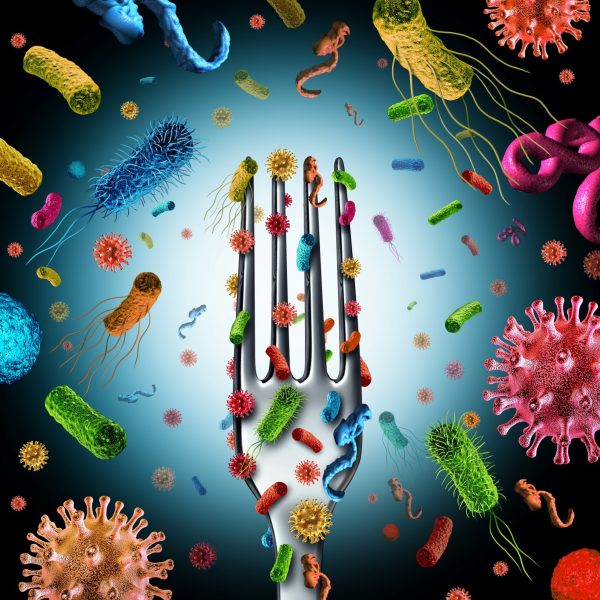Food poisoning is a condition that occurs when a person consumes contaminated or spoiled food that contains harmful bacteria, viruses, or toxins.
These microorganisms can cause symptoms such as vomiting, diarrhea, stomach cramps, and fever.
There are many different causes of food poisoning, including bacteria such as Salmonella, E. coli, and Listeria; viruses such as norovirus and hepatitis A; and toxins such as those produced by certain mushrooms and algae.
Bacterial contamination: This is the most common cause of food poisoning and is caused by bacteria such as Salmonella, E. coli, and Listeria.
Viral contamination: This type of food poisoning is caused by viruses such as norovirus and hepatitis A.
Toxins: Some foods contain natural toxins, such as mushrooms and shellfish, that can cause food poisoning.
Parasites: Parasites such as Giardia and Cryptosporidium can also cause food poisoning.
Chemical contamination: This type of food poisoning is caused by chemicals such as pesticides and heavy metals.
If you suspect that you have food poisoning and are unable to get to a hospital, there are some home remedies and first aids according to experts that you can be done if getting to the hospital is impossible These include:
Drinking plenty of fluids to prevent dehydration
Clear fluids such as water, clear broths, frozen water or ice pops, or clear soda are best.
Avoiding solid food until vomiting has stopped
Taking over-the-counter anti-diarrheal medication, such as loperamide (Imodium) or bismuth subsalicylate (Pepto-Bismol), to slow diarrhea.
Resting as much as possible
If you have a fever, take a fever reducer such as ibuprofen (Advil, Motrin) or acetaminophen (Tylenol)
It’s important to note that if you have a severe case of food poisoning, with symptoms such as high fever, blood in the stool, severe abdominal pain, dehydration, or difficulty breathing, you should seek medical attention immediately.
Other options include:
Eat bland foods: Eating bland foods such as rice, toast, and crackers can help settle your stomach.
Take over-the-counter medication: Antihistamines and antacids can help relieve symptoms.
Use a heating pad: A heating pad placed on your stomach can help relieve cramps.
Take a probiotic: Probiotics can help restore the balance of bacteria in your gut.
Take activated charcoal: Activated charcoal can help absorb toxins in your stomach.
Use ginger: Ginger can help relieve nausea and vomiting.
Take a warm bath: A warm bath can help relax your muscles and ease cramps.
Consult a doctor if your symptoms persist or worsen.



